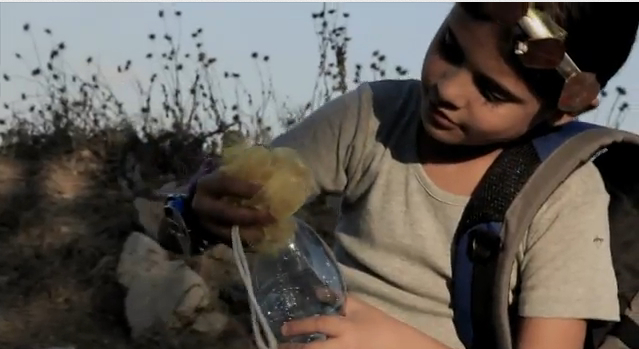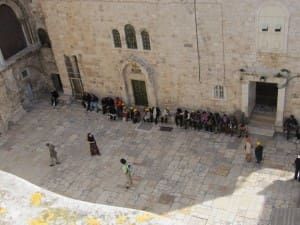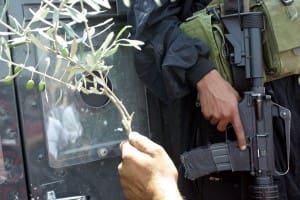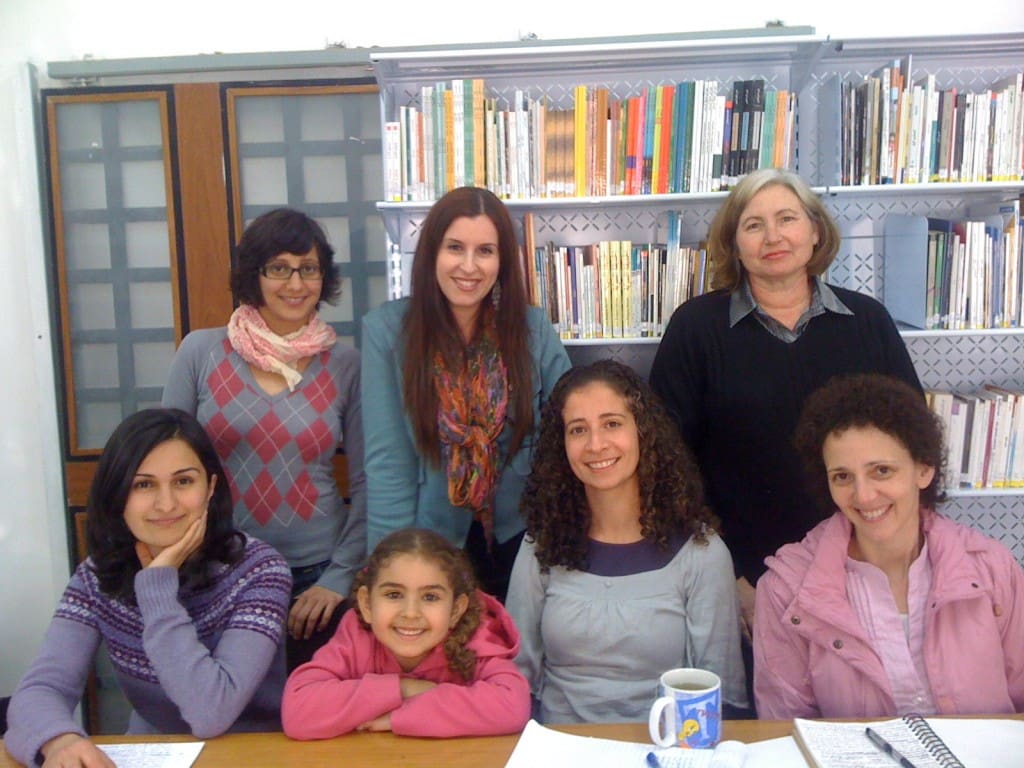On March 24, 2012, The Times of Israel reported, “Israeli Companies Win UN Bids to Reconstruct Gaza, Angering Palestinians.”
I was angry too. Furious, in fact.
How could UNICEF, with a mandate to “…help Palestinian children access education, protection, health and safe drinking water” re-direct Palestinian aid money to Israel, the perpetrator of the attacks and siege that caused the damage that UN agencies are suppose to alleviate?
The Times of Israel cited the London-based Al-Quds Al-Arabi as the source. Soon after, WAFA Palestinian News and Info Agency said Palestinian contractors would boycott if Israeli companies were allowed to participate in tenders, and PressTV said Palestinian contractors had already decided to boycott. Gaza.Scoop.ps even reported that UNICEF had responded to criticism by insisting on dealing with Israeli companies in Gaza.
As far as I can figure out, all of these reports are wrong. The truth seems to be both more innocent and, at the same time, more troubling.
To clarify, UNICEF issued a media release on May 28 that said:
“The priority and policy of UNICEF office in the occupied Palestinian territory is to purchase goods and services from qualified Palestinian manufacturers, authorized dealers and companies. We only buy from other providers when goods are not available”, Ms. Gough said.
When purchasing goods or services, UNICEF follows the joint United Nations guidelines and buys goods directly from manufacturers or authorized dealers in a timely, cost effective manner. All purchases are made through a competitive bid process among prequalified suppliers based in the area of operations.”
And a more recent release from the Coastal Municipalities Water Utility says:
“Moreover, a lot of the materials and the equipment that needs to be supplied are of dual use and it is not possible to supply it in through Israeli crossing by the Palestinian suppliers because of the blockade. Hence the donor organizations always conduct the purchase of items from the source and then transport it through the crossings using its own United Nations coordination channels. Based on the above, it was clear that UNICEF has followed the correct procedures according to its regulation and guidelines set for the organization. And also UNICEF has given every possible priority to the local Palestinian product and always worked and still working according the Palestinian strategic needs for water and sanitation, which meets the top Palestinian interest.”
From this, it is apparent that:
1- UNICEF has a policy of preferring Palestinian contractors and vendors. In fact, upon consultation with UNICEF, I found out that all UN agencies have preference for local procurement, primarily because local procurement is more likely to be timely, less costly to transport, and more likely to result in undamaged receipt. I admit that was not able to confirm this in the UN Procurement Manual, because the manual (2010) is 286 pages and I simply didn’t have time to read it all.
2- UNICEF followed all its internal procedures in this case, which includes empowering Palestinian counterparts to make the final decision. (At the same time, following internal procedures isn’t really the point if the internal procedures are flawed.)
And most importantly,
3- No decision in this case has yet been made. Get that? According to UNICEF, the contract for the desalinization units has not yet been awarded!
So why is the UNICEF procurement event such a big scandal? Why was it blown into a major case?
Because questions about Israel profiting from international aid are real. And because questions about the international community’s role in complying with or challenging Israeli policies against Palestinians are legitimate.
Read anything by Shir Hever of Alternative Information Center or Who Profits? and you’ll see that both occupying Palestinians and providing aid to Palestinians under occupation are big, profitable businesses.
Unfortunately, it’s not so easy to simply insist on the purchase of Palestinian goods. What if, as in this case, Palestinians don’t make the product? What if Israeli won’t let the product in? What if refusing to coordinate with Israel means that the desalinization project doesn’t happen, and, as a result, Palestinian children don’t have clean water to drink?
It’s a complicated problem!
As you may know, international aid in general is under scrutiny, and procurement is an important element. Eurodad, a European advocacy organization, released their policy brief, How to Spend It in advance of the recent Fourth High Level Forum on Aid Effectiveness. They told me that an estimated 60% of aid goes to procurement and an estimated 2/3 of that goes to multinationals in OECD (meaning relatively rich) countries. That certainly gives insight into who is profiting from international aid, doesn’t it?
In my opinion, Eurodad and other aid reform advocates need to look more carefully at the occupied Palestinian territory. They already acknowledge that we need to rethink what “value for money” means in conflict-affected situations. Will they go further and suggest that Israeli companies be excluded from the list of “authorized” vendors for aid-funded tenders? Will the international community take seriously critics’ position that it is unethical for Palestinian aid to reach the coffers of the occupier?
I tried to ask this question directly to the United Nations Ethics Office. They didn’t answer my email, and when I called, I just got this:
+19173679858 on 2012-05-30 at 17.08
What do you think?






